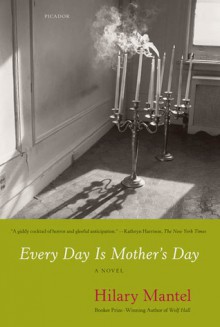
The legend of Tristan, the Cornish knight, and his doomed love for Iseult, the wife of King Mark, is an ancient one, appearing in many variations for hundreds of years. Castle Dor is a retelling of that story set in Cornwall in the 1840s. It was begun by Arthur Quiller-Couch, a British novelist who wrote under the pen name “Q,” but left unfinished mid-chapter. Many years after his death, his daughter asked Daphne du Maurier to complete it.
Daphne du Maurier, queen of the Gothic novel, would seem like the perfect person to take on this tale. Star-crossed lovers, betrayal, the dark and rocky Cornish coast, hints of the supernatural - it’s a story that is right in her wheelhouse.
Unfortunately, the book never recovers from Q’s beginning. We don’t know exactly where Quiller-Couch stopped writing and du Maurier began, but I feel certain she had no part in this description:
”This most ancient cirque of Castle Dor, deserted, bramble-grown, was the very nipple of a huge breast in pain, aching for discharge.”
Huh?
The pages and pages of florid description and stilted conversation, punctuated by an occasional ill-considered metaphor and painfully obvious info dumping, are mind-numbing after a while.
Maybe a little more than a third of the way through, things get better. This line, which refers to the legend of Tristan and Iseult, seems to be a sly hint that there is someone new steering the ship:
“It is a curious coincidence that no poet, or shall we call him investigator, has ever lived to conclude this particular story. His work has always been finished by another.”
The change in style is gradual. By the end of the novel it is a much more enjoyable book, but it never overcomes its beginning. The character’s motivations are far-fetched. If she had set it up from the start, I think du Maurier might have pulled off the vaguely supernatural explanation for their actions, but it never really works. Daphne du Maurier wrote many better books than this one. It may be worth reading for dedicated du Maurier fans, but most should probably give it a miss.

 Log in with Facebook
Log in with Facebook 






